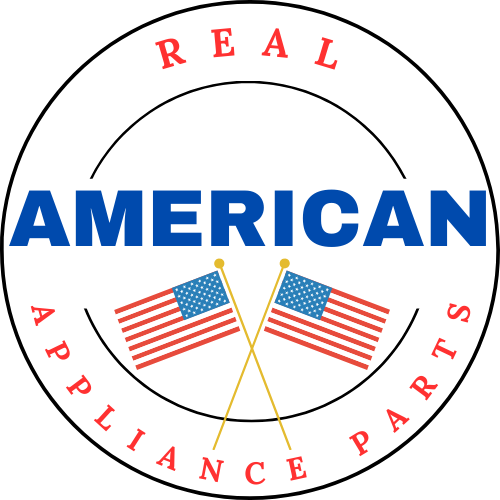Why Defining Scope of Work is Essential for Appliance Repair Companies to Reduce Liability
As an appliance repair business owner, you understand the importance of providing excellent service and maintaining a solid reputation. However, one area that often gets overlooked is the need to clearly define the scope of work and set boundaries for employees, especially regarding off-hours activities. Without these protections in place, your company could be exposed to significant liability risks.
The Risks of Undefined Scope of Work
Failing to establish a clear scope of work can leave your business vulnerable to:
- Liability for Off-Hours Repairs – If an employee takes on side jobs outside of company-sanctioned work, you could be held responsible for any damages or injuries that occur.
- Reputation Damage – Unauthorized repairs performed under your business’s name can lead to poor-quality work that affects your credibility.
- Legal and Insurance Complications – Your business insurance may not cover incidents that occur outside of officially documented jobs, leaving you financially exposed.
How to Protect Your Business with a Defined Scope of Work
Taking proactive steps to establish and enforce a well-defined scope of work can help protect your business and maintain professionalism. Here’s how:
1. Implement a Clear Employee Policy
Create a written policy that outlines what is and isn’t allowed regarding off-hours work. Employees should understand that performing repairs outside of official business operations can create liability issues for the company.
2. Require Non-Compete or Non-Solicitation Agreements
Consider having technicians sign agreements that prevent them from using company resources or customer lists to perform private jobs that could compete with your business.
3. Educate Employees on Liability Risks
Train your team on the potential legal and financial consequences of performing unauthorized repairs. Ensure they understand that liability for damages or injuries could fall on them personally, and in some cases, on the company.
4. Monitor Customer Interactions and Follow-Ups
Encourage customers to book follow-ups directly through your company rather than through individual technicians. This keeps all transactions official and reduces the risk of unauthorized side jobs.
5. Maintain Comprehensive Documentation
Keep detailed records of every repair job, including scope, pricing, and service agreements. This documentation can help protect your business if liability issues ever arise.
Protect Your Business While Supporting Your Technicians
A clear scope of work isn’t just about protecting your company—it also helps employees understand boundaries and expectations. When technicians operate within well-defined guidelines, they can focus on delivering top-notch service without putting themselves or your business at risk.
